Uncategorized
Crypto Daybook Americas: Bitcoin Bulls Lose Momentum Before Bessent Confirmation Hearing

By Omkar Godbole (All times ET unless indicated otherwise)
The crypto market has had a bullish 24 hours, thanks to Wednesday’s soft U.S. core inflation print that alleviated hawkish Fed concerns. The momentum, however, has slowed.
With the inflation data out of the way, crypto traders are refocusing on President-elect Donald Trump’s swearing-in on Jan. 20 and possible pro-crypto action on the first day. Some expect bitcoin to set new highs by then, while others are penciling in at least 10% price swings in XRP, SOL, ETH and BTC.
On Polymarket, the probability of the U.S. holding BTC as a part of a strategic reserve has increased to 50% for the first time.
Bitwise, a San Francisco-based crypto asset management company, said on X that it provided information about bitcoin ETFs to a nation-state, adding weight to the sovereign BTC adoption narrative.
Speculation is rife that SEC commissioners Hester Peirce and Mark Uyeda could rekindle crypto policy as early as next week.
That said, don’t overlook the importance and market-moving ability of Treasury nominee Scott Bessent’s confirmation hearing in front of the Senate Finance Committee that kicks off at 10:30 a.m. in Washington. Bessent will likely face scrutiny on various topics, including dollar policy, tariffs and fiscal sustainability.
In released remarks, Bessent said he wants the 2017 tax cuts to become permanent and ensure the dollar remains a dominant global reserve currency. He also said tariffs are a valuable negotiating tool.
According to ING, the dollar could rally if Bessent highlights the supposedly inflationary tariffs as a key tool. A renewed uptick in the currency and Treasury yields may slow BTC’s gains, potentially injecting volatility in risk assets in general. Stay alert!
What to Watch
Crypto
Jan. 17: Oral arguments at the Court of Appeals for the District of Columbia in KalshiEX LLC v. CFTC, where the CFTC is appealing the district court’s Sep. 12, 2024 ruling favoring Kalshi’s Congressional Control Contracts.
Jan. 23: First deadline for a decision by the SEC on NYSE Arca’s Dec. 3 proposal to list and trade shares of Grayscale Solana Trust (GSOL), a closed-end trust, as an ETF.
Jan. 25: First deadline for SEC decisions on proposals for four new spot solana ETFs: Bitwise Solana ETF, Canary Solana ETF, 21Shares Core Solana ETF and VanEck Solana Trust, which are all sponsored by Cboe BZX Exchange.
Macro
Jan. 16, 8:30 a.m.: The U.S. Department of Labor releases the Unemployment Insurance Weekly Claims Report for the week ended Jan. 11. Initial Jobless Claims Est. 210K vs. Prev. 201K.
Jan. 16, 10:30 a.m.: President-elect Donald Trump’s Treasury Secretary nominee, Scott Bessent, will testify before aSenate Committee during his confirmation hearing. Livestream link.
Jan. 17, 5:00 a.m.: Eurostat releases December 2024’s Eurozone inflation data.
Inflation Rate MoM Final Est. 0.4% vs Prev. -0.3%.
Core Inflation Rate YoY Final Est. 2.7% vs. Prev. 2.7%.
Inflation Rate YoY Final Est. 2.4% vs. Prev. 2.2%.
Token Events
Governance votes & calls
The Aave community is discussing a strategy to scale its GHO stablecoin by deploying a new revenue stream via bitcoin mining. It would use capital from the GHO treasury to purchase hardware.
Balancer DAO will vote on whether to deploy Balancer v3 on the Arbitrum blockchain. Voting starts Jan. 16 and ends Jan. 20.
Unlocks
Jan. 16: Arbitrum (ARB) to unlock 2.2% of its circulating supply, worth $68 million.
Jan. 18: Ondo (ONDO) to unlock 134% of its circulating supply, worth $2.19 billion.
Jan. 21: Fasttoken (FTN) to unlock 4.6% of circulating supply worth $76 million.
Token Launches
Jan. 16: Solayer (LAYER) to host token sale followed by five months of points farming.
Jan. 17: Solv Protocol (SOLV) to be listed on Binance.
Conferences:
Day 11 of 14: Starknet, an Ethereum layer 2, is holding its Winter Hackathon (online).
Day 4 of 12: Swiss WEB3FEST Winter Edition 2025 (Zug, Zurich, St. Moritz, Davos)
Jan. 17: Unchained: Blockchain Business Forum 2025 (Los Angeles)
Jan. 18: BitcoinDay (Naples, Florida)
Jan. 20-24: World Economic Forum Annual Meeting (Davos-Klosters, Switzerland)
Jan. 21: Frankfurt Tokenization Conference 2025
Jan. 25-26: Catstanbul 2025 (Istanbul). The first community conference for Jupiter, a decentralized exchange (DEX) aggregator built on Solana.
Jan 30-31: Plan B Forum (San Salvador, El Salvador)
Feb. 3: Digital Assets Forum (London)
Feb. 18-20: Consensus Hong Kong
Token Talk
By Oliver Knight
Cryptocurrency exchange Kraken has experienced a spike in ether (ETH) inflows after a whale deposited $67 million worth of the token on Thursday.
The wallet in question withdrew a total of 217,513 ETH ($350 million) from Kraken and Coinbase over a 10-day period in 2022 at an average price of $1,611. With ether currently trading at $3,330, the trader has made a total profit of $354 million, Lookonchain reports.
Coinbase’s (COIN) derivatives exchange has listed perpetual swap contracts for AERO, BEAM, DRIFT and S. All tokens are up between 4% and 7% respectively.
Artificial intelligence (AI) agent tokens shrugged off last week’s drop with a significant move to the upside. Virtuals protocol (VIRTUAL) is up 31% in the past 24 hours while AI16Z is up 13%, both outperforming the CoinDesk20 (CD20) index which has risen by 5.7% in 24-hours.
Litecoin is also one of the day’s top performers after exchange-traded fund (ETF) analyst Eric Balchunas said that the Litecoin S-1 ETF application had received comments back from the SEC, potentially paving the way for a spot LTC ETF.
Derivatives Positioning
LTC has emerged as the best-performing major coin in the past 24 hours, with prices rising by 16%. The surge is accompanied by a 21% increase in futures open interest and a positive Cumulative Volume Delta (CVD) indicator, suggesting strong net buying pressure.
HBAR and XRP have seen 10% jumps in open interest with positive CVDs.
Front-end BTC and ETH options no longer show a bias for puts, realigning with bullish long-term sentiment.
Key flows on Deribit and Paradigm featured a BTC bull call spread involving $102K and $110K strikes and a bear call spread in ETH, involving the March 28 expiry options at $3.5K and $4.5K strikes.
Market Movements:
BTC is down 0.47% from 4 p.m. ET Wednesday at $99,217.43 (24hrs: +0.64%)
ETH is down 2.46% at $3,334.68 (24hrs: +3.22%)
CoinDesk 20 is up 0.2% at 3,752.68 (24hrs: +5.68%)
Ether staking yield is down 2 bps at 3.1%
BTC funding rate is at 0.006% (6.52% annualized) on Binance
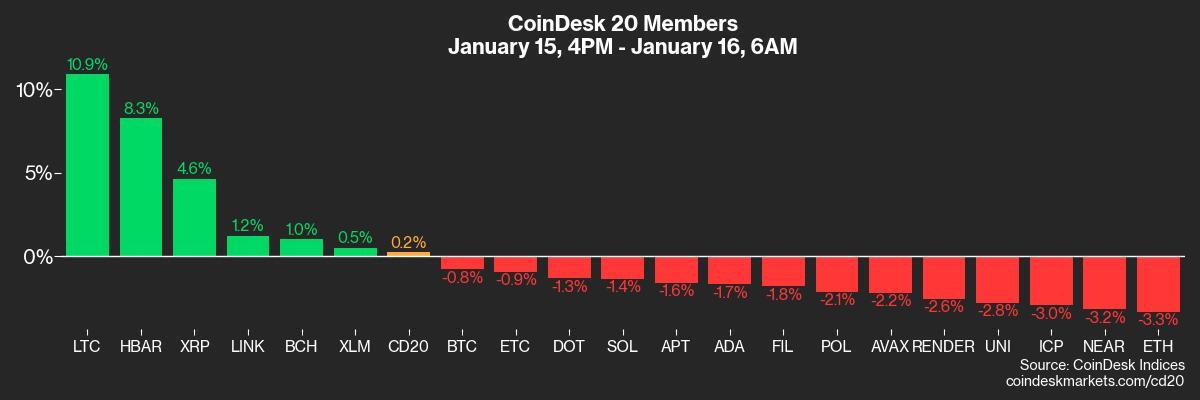
DXY is unchanged at at 109.13
Gold is up 0.94% at $2,737.90/oz
Silver is up 1.85% at $31.90/oz
Nikkei 225 closed +0.33% to 38,572.60
Hang Seng closed +1.23% at 19,522.89
FTSE is up 0.82% at 8,369.48
Euro Stoxx 50 is up 1.24% at 5,094.68
DJIA closed on Wednesday +1.65% to 43,221.55
S&P 500 closed +1.84% at 5,949.91
Nasdaq closed +2.45% at 19,511.23
S&P/TSX Composite Index closed +0.82% at 24,789.3
S&P 40 Latin America closed +2.49% at 2,262.81
U.S. 10-year Treasury is up 1 bp at 4.67%
E-mini S&P 500 futures are up 0.33% at 6,009.00
E-mini Nasdaq-100 futures are up 0.48% at 21,504.00
E-mini Dow Jones Industrial Average Index futures are unchanged at 43,501.00
Bitcoin Stats:
BTC Dominance: 57.66
Ethereum to bitcoin ratio: 0.033
Hashrate (seven-day moving average): 801 EH/s
Hashprice (spot): $56.8
Total Fees: $739,760/ 7.5 BTC
CME Futures Open Interest: 178,810 BTC
BTC priced in gold: 36.5 oz
BTC vs gold market cap: 10.40%
Technical Analysis
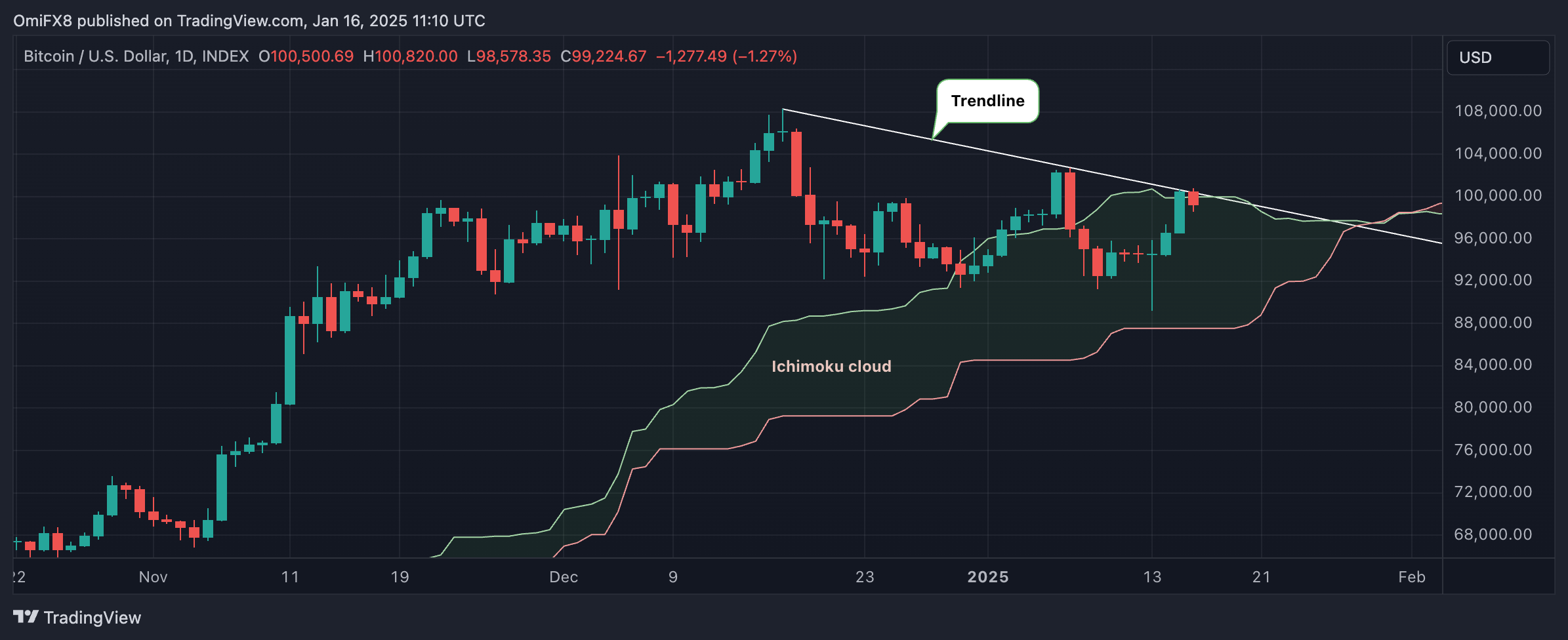
BTC is probing dual resistance at around $100K, marked by the descending trendline from record highs and the Ichimoku cloud.
A breakout may motivate momentum traders to join the market, accelerating price gains.
Crossovers above the cloud are said to represent a bullish shift in momentum.
Crypto Equities
MicroStrategy (MSTR): closed on Wednesday at $360.62 (+5.39%), down 1% at $357 in pre-market.
Coinbase Global (COIN): closed at $274.93 (+7.66%), down 0.53% at $273.48 in pre-market.
Galaxy Digital Holdings (GLXY): closed at C$27.93 (+5%)
MARA Holdings (MARA): closed at $18.15 (+4.55%), down 0.55% at $18.05 in pre-market.
Riot Platforms (RIOT): closed at $13.46 (+%), down 0.52% at $13.39 in pre-market.
Core Scientific (CORZ): closed at $14.53 (+4.46%), down 0.21% at $14.50 in pre-market.
CleanSpark (CLSK): closed at $11.2 (+8.21%), down 0.89% at $11.10 in pre-market.
CoinShares Valkyrie Bitcoin Miners ETF (WGMI): closed at $24.57 (+6.5%), down 1.14% at $24.29 in pre-market.
Semler Scientific (SMLR): closed at $56.11 (+2.15%), unchanged in pre-market.
Exodus Movement (EXOD): closed at $35.36 (+6.92%), unchanged in pre-market.
ETF Flows
Spot BTC ETFs:
Daily net flow: $755.1 million
Cumulative net flows: $36.48 billion
Total BTC holdings ~ 1.133 million.
Spot ETH ETFs
Daily net flow: $59.7 million
Cumulative net flows: $2.477 billion
Total ETH holdings ~ 3.550 million.
Source: Farside Investors as of Jan. 15.
Overnight Flows
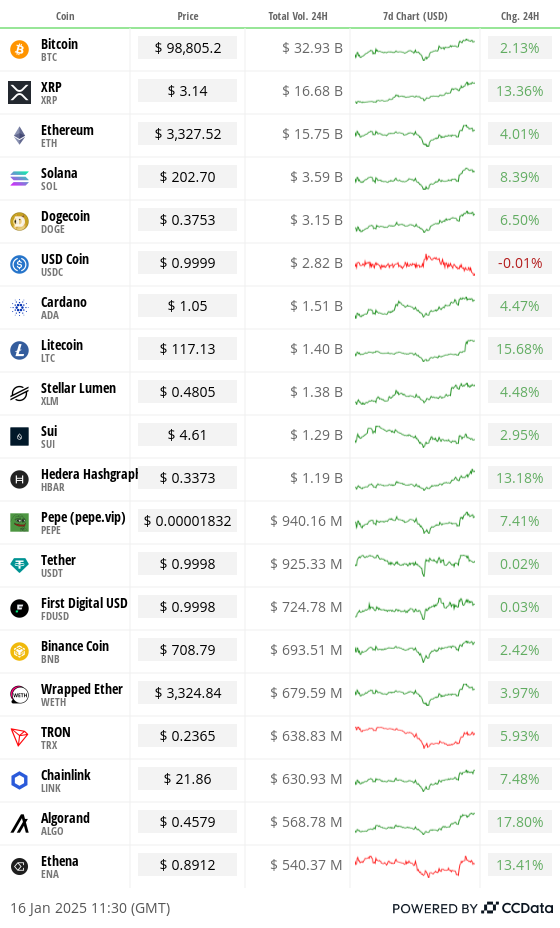
Chart of the Day
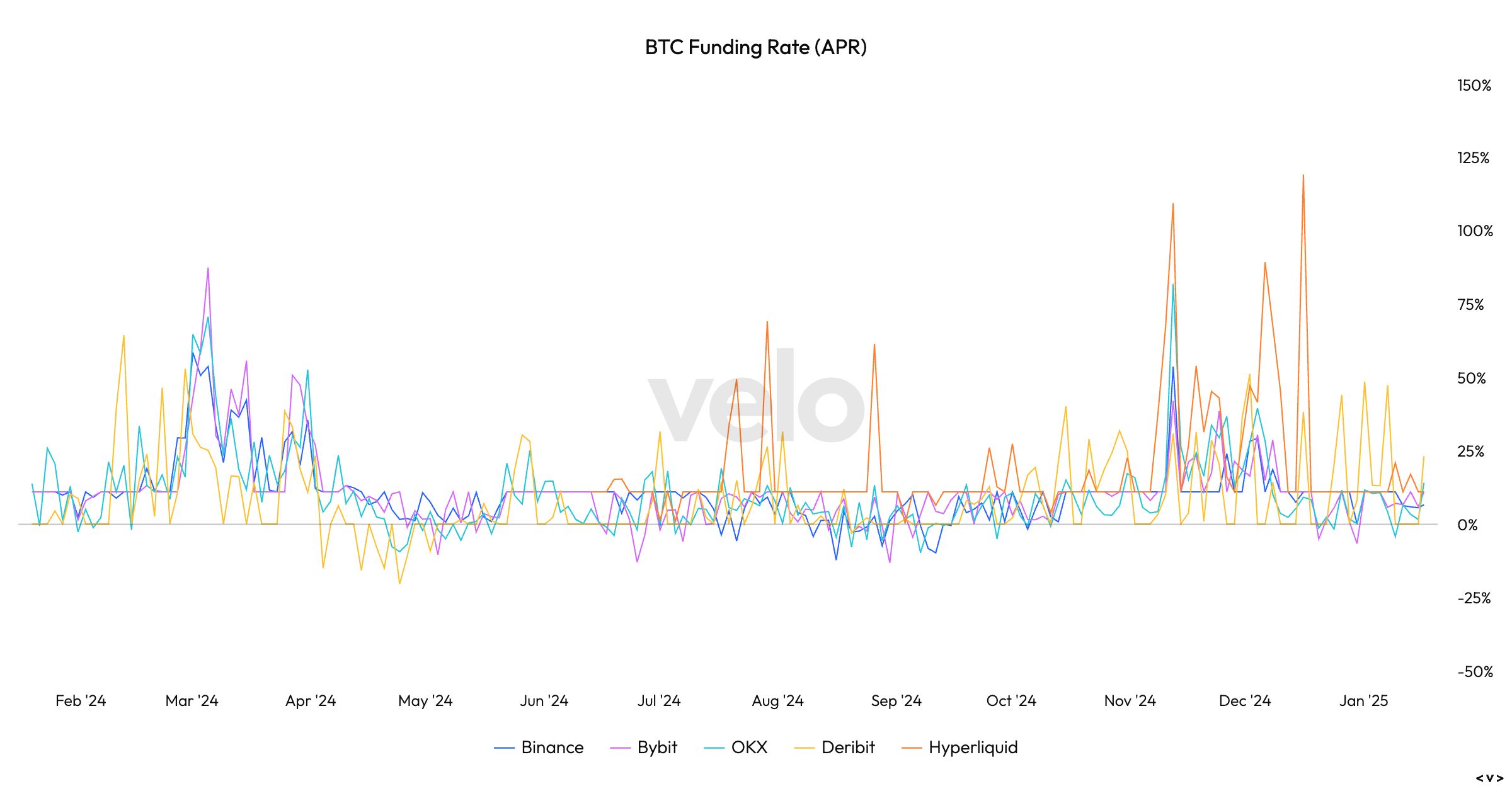
Bitcoin funding rates on major exchanges, excluding Hyperliquid, remain well below early 2024 levels and the highs seen in December, when the BTC price broke above $100,000 for the first time.
In other words, it’s cheaper to be long right now than last month and a year ago.
While You Were Sleeping
XRP’s Bullish Momentum Strongest Since January 2018 as Futures Open Interest Hits Record High (CoinDesk): XRP has soared 50% this month to over $3, experiencing its strongest rally since 2018.
Monthly Crypto Trading on CEXs Hits All-Time High in December: CCData (Cointelegraph): December set a new record for crypto trading, with $11.3 trillion in spot and derivatives volume on centralized exchanges.
Nomura-Backed Crypto Firm Komainu Raises $75 Million in Bitcoin (Bloomberg): Komainu, a crypto custodian backed by Nomura, secured $75 million in bitcoin from Blockstream to expand globally, adopt tokenization tools, and create a bitcoin treasury.
UK Economy Returns to Growth, Faces Uncertain Outlook (The Wall Street Journal): The U.K. economy inched up 0.1% in November, missing forecasts, as inflation and high borrowing costs strained growth.
Chinese Citizens’ Doubts Grow Over Official Growth Claims (Financial Times): China is set to report 5% growth for 2024, but skepticism abounds as weak consumer demand, layoffs and a real estate slump weigh heavily on investment, consumption and daily life.
Bank of Korea Leaves Rates Unchanged in a Surprise Move, Warns GDP Growth ‘Highly Likely’ to Miss Forecasts (CNBC): South Korea’s central bank held its benchmark rate at 3%, surprising analysts expecting a cut, citing economic uncertainty. It warned of weaker growth in 2024 and 2025. Stocks and the won rose following the decision.
In the Ether
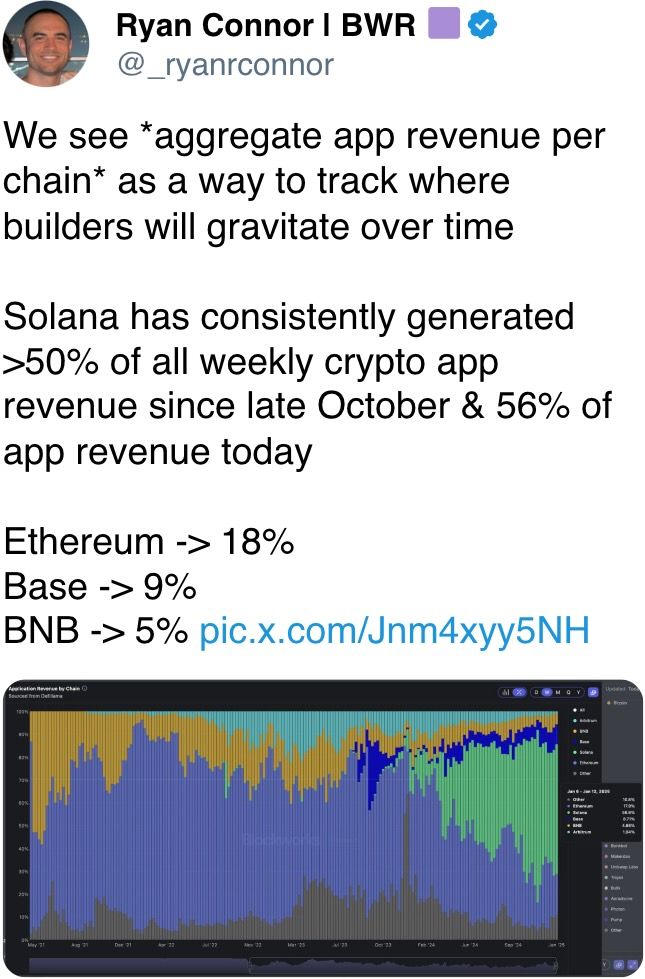
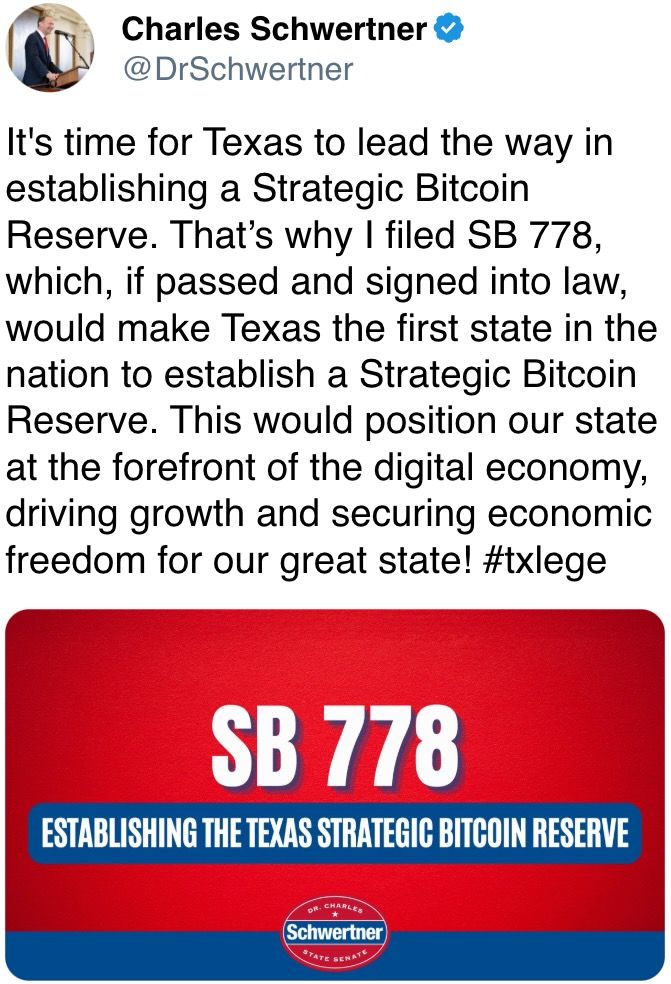
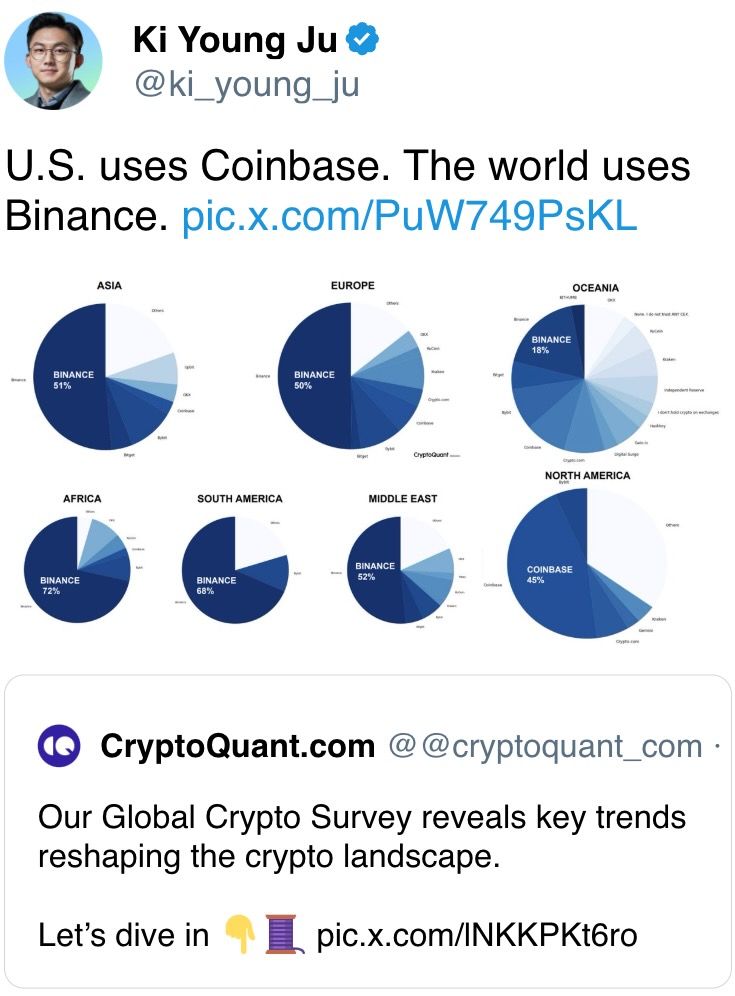

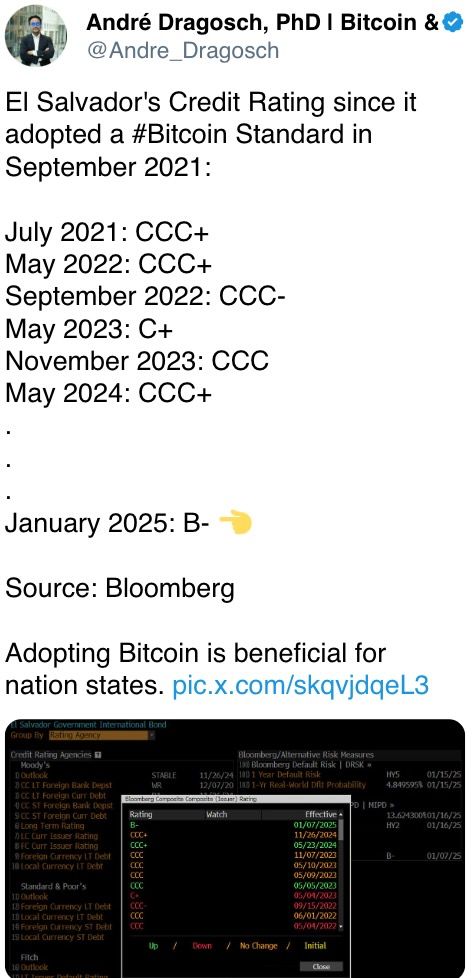
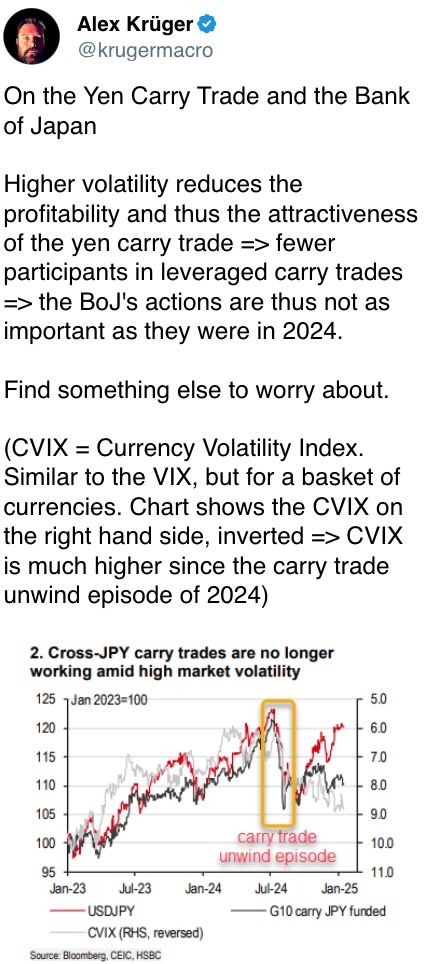
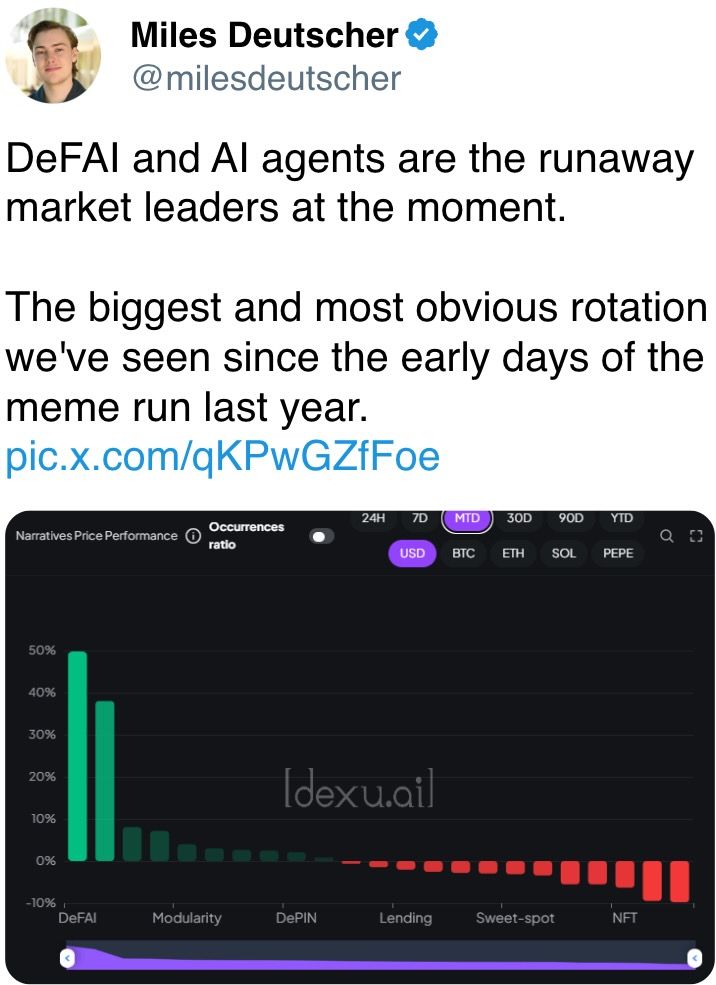
Business
AAVE Sees 64% Flash Crash as DeFi Protocol Endures ‘Largest Stress Test’

The native token of Aave (AAVE), the largest decentralized crypto lending protocol, was caught in the middle of Friday’s crypto flash crash while the protocol proved resilient in a historic liquidation cascade.
The token, trading at around $270 earlier in Friday, nosedived as much as 64% later in the session to touch $100, the lowest level in 14 months. It then staged a rapid rebound to near $240, still down 10% over the past 24 hours.
Stani Kulechov, founder of Aave, described Friday’s event as the «largest stress test» ever for the protocol and its $75 billion lending infrastructure.
The platform enables investors to lend and borrow digital assets without conventional intermediaries, using innovative mechanisms such as flash loans. Despite the extreme volatility, Aave’s performance underscores the evolving maturity and resilience of DeFi markets.
«The protocol operated flawlessly, automatically liquidating a record $180M worth of collateral in just one hour, without any human intervention,» Kulechov said in a Friday X post. «Once again, Aave has proven its resilience.»
Key price action:
- AAVE sustained a dramatic flash crash on Friday, declining 64% from $278.27 to $100.18 before recuperating to $240.09.
- The DeFi protocol demonstrated remarkable resilience with its native token’s 140% recovery from the intraday lows, underpinned by substantial trading volume of 570,838 units.
- Following the volatility, AAVE entered consolidation territory within a narrow $237.71-$242.80 range as markets digested the dramatic price action.
Technical Indicators Summary
- Price range of $179.12 representing 64% volatility during the 24-hour period.
- Volume surged to 570,838 units, substantially exceeding the 175,000 average.
- Near-term resistance identified at $242.80 capping rebound during consolidation phase.
Disclaimer: Parts of this article were generated with the assistance from AI tools and reviewed by our editorial team to ensure accuracy and adherence to our standards. For more information, see CoinDesk’s full AI Policy.
Business
Blockchain Will Drive the Agent-to-Agent AI Marketplace Boom

AI agents, software systems that use AI to pursue goals and complete tasks on behalf of users, are proliferating. Think of them as digital assistants that can make decisions and take actions towards goals you set without needing step-by-step instructions — from GPT-powered calendar managers to trading bots, the number of use cases is expanding rapidly. As their role expands across the economy, we have to build the right infrastructure that will allow these agents to communicate, collaborate and trade with one another in an open marketplace.
Big tech players like Google and AWS are building early marketplaces and commerce protocols, but that raises the question: will they aim to extract massive rents through walled gardens once more? Agents’ capabilities are clearly rising, almost daily, with the arrival of new models and architectures. What’s at risk is whether these agents will be truly autonomous.
Autonomous agents are valuable because they unlock a novel user experience: a shift from software as passive or reactive tools to active and even proactive partners. Instead of waiting for instructions, they can anticipate needs, adapt to changing conditions, and coordinate with other systems in real time, without the user’s constant input or presence. This autonomy in decision-making makes them uniquely suited for a world where speed and complexity outpace human decision-making.
Naturally, some worry about what greater decision-making autonomy means for work and accountability — but I see it as an opportunity. When agents handle repetitive, time-intensive tasks and parallelize what previously had to be done in sequence, they expand our productive capacity as humans — freeing people to engage in work that demands creativity, judgment, composition and meaningful connection. This isn’t make-believe, humanity has been there before: the arrival of corporations allowed entrepreneurs to create entirely new products and levels of wealth previously unthought of. AI agents have the potential to bring that capability to everyone.
On the intelligence side, truly autonomous decision-making requires AI agent infrastructure that is open source and transparent. OpenAI’s recent OSS release is a good step. Chinese labs, such as DeepSeek (DeepSeek), Moonshot AI (Kimi K2) and Alibaba (Qwen 3), have moved even quicker.
However, autonomy is not purely tied to intelligence and decision making. Without resources, an AI agent has little means to enact change in the real world. Hence, for agents to be truly autonomous they need to have access to resources and self-custody their assets. Programmable, permissionless, and composable blockchains are the ideal substrate for agents to do so.
Picture two scenarios. One where AI agents operate within a Web 2 platform like AWS or Google. They exist within the limited parameters set by these platforms in what is essentially a closed and permissioned environment. Now imagine a decentralized marketplace that spans many blockchain ecosystems. Developers can compose different sets of environments and parameters, therefore, the scope available to AI agents to operate is unlimited, accessible globally, and can evolve over time. One scenario looks like a toy idea of a marketplace, and the other is an actual global economy.
In other words, to truly scale not just AI agent adoption, but agent-to-agent commerce, we need rails that only blockchains can offer.
The Limits of Centralized Marketplaces
AWS recently announced an agent-to-agent marketplace aimed at addressing the growing demand for ready-made agents. But their approach inherits the same inefficiencies and limitations that have long plagued siloed systems. Agents must wait for human verification, rely on closed APIs and operate in environments where transparency is optional, if it exists at all.
To act autonomously and at scale, agents can’t be boxed into closed ecosystems that restrict functionality, pose platform risks, impose opaque fees, or make it impossible to verify what actions were taken and why.
Decentralization Scales Agent Systems
An open ecosystem allows for agents to act on behalf of users, coordinate with other agents, and operate across services without permissioned barriers.
Blockchains already offer the key tools needed. Smart contracts allow agents to perform tasks automatically, with rules embedded in code, while stablecoins and tokens enable instant, global value transfers without payment friction. Smart accounts, which are programmable blockchain wallets like Safe, allow users to restrict agents in their activity and scope (via guards). For instance, an agent may only be allowed to use whitelisted protocols. These tools allow AI agents not only to behave expansively but also to be contained within risk parameters defined by the end user. For example, this could be setting spending limits, requiring multi-signatures for approvals, or restricting agents to whitelisted protocols.
Blockchain also provides the transparency needed so users can audit agent decisions, even when they aren’t directly involved. At the same time, this doesn’t mean that all agent-to-agent interactions need to happen onchain. E.g. AI agents can use offchain APIs with access constraints defined and payments executed onchain.
In short, decentralized infrastructure gives agents the tools to operate more freely and efficiently than closed systems allow.
It’s Already Happening Onchain
While centralized players are still refining their agent strategies, blockchain is already enabling early forms of agent-to-agent interaction. Onchain agents are already exhibiting more advanced behavior like purchasing predictions and data from other agents. And as more open frameworks emerge, developers are building agents that can access services, make payments, and even subscribe to other agents — all without human involvement.
Protocols are already implementing the next step: monetization. With open marketplaces, people and businesses are able to rent agents, earn from specialized ones, and build new services that plug directly into this agent economy. Customisation of payment models such as subscription, one-off payments, or bundled packages will also be key in facilitating different user needs. This will unlock an entirely new model of economic participation.
Why This Distinction Matters
Without open systems, fragmentation breaks the promise of seamless AI support. An agent can easily bring tasks to completion if it stays within an individual ecosystem, like coordinating between different Google apps. However, where third-party platforms are necessary (across social, travel, finance, etc), an open onchain marketplace will allow agents to programmatically acquire the various services and goods they need to complete a user’s request.
Decentralized systems avoid these limitations. Users can own, modify, and deploy agents tailored to their needs without relying on vendor-controlled environments.
We’ve already seen this work in DeFi, with DeFi legos. Bots automate lending strategies, manage positions, and rebalance portfolios, sometimes better than any human could. Now, that same approach is being applied as “agent legos” across sectors including logistics, gaming, customer support, and more.
The Path Forward
The agent economy is growing fast. What we build now will shape how it functions and for whom it works. If we rely solely on centralized systems, we risk creating another generation of AI tools that feel useful but ultimately serve the platform, not the person.
Blockchain changes that. It enables systems where agents act on your behalf, earn on your ideas, and plug into a broader, open marketplace.
If we want agents that collaborate, transact, and evolve without constraint, then the future of agent-to-agent marketplaces must live onchain.
Business
‘Largest Ever’ Crypto Liquidation Event Wipes Out 6,300 Wallets on Hyperliquid

More than 1,000 wallets on Hyperliquid were completely liquidated during the recent violent crypto sell-off, which erased over $1.23 billion in trader capital on the platform, according to data from its leaderboard.
In total, 6,300 wallets are now in the red, with 205 losing over $1 million each according to the data, which was first spotted by Lookonchain. More than 1,000 accounts saw losses of at least $100,000.
The wipeout came as crypto markets reeled from a global risk-off event triggered by U.S. President Donald Trump’s announcement of a 100% additional tariff on Chinese imports.
The move spooked investors across asset classes and sent cryptocurrency prices tumbling. Bitcoin briefly dropped below $110,000 and ether fell under $3,700, while the broader market as measured by the CoinDesk 20 (CD20) index dropped by 15% at one point.
The broad sell-off led to over $19 billion in liquidations over a 24 hours period, making it the largest single-day liquidation event in crypto history by dollar value. According to CoinGlass, the “actual total” of liquidations is “likely much higher” as leading crypto exchange Binance doesn’t report as quickly as other platforms.
Leaderboard data reviewed by CoinDesk shows the top 100 traders on Hyperliquid gained $1.69 billion collectively.
In comparison, the top 100 losers dropped $743.5 million, leaving a net profit of $951 million concentrated among a handful of highly leveraged short sellers.
The biggest winner was wallet 0x5273…065f, which made over $700 million from short positions, while the largest loser, “TheWhiteWhale,” dropped $62.5 million.
Among the victims of the flush is crypto personality Jeffrey Huang, known online as Machi Big Brother, who once launched a defamation suit against ZachXBT, losing almost the entire value of his wallet, amounting to $14 million.
«Was fun while it lasted,» he posted on X.
Adding to the uncertainty, the ongoing U.S. government shutdown has delayed the release of key economic data. Without official indicators, markets are flying blind at a time when geopolitical risk is rising.
-

 Business12 месяцев ago
Business12 месяцев ago3 Ways to make your business presentation more relatable
-

 Fashion12 месяцев ago
Fashion12 месяцев agoAccording to Dior Couture, this taboo fashion accessory is back
-

 Entertainment12 месяцев ago
Entertainment12 месяцев ago10 Artists who retired from music and made a comeback
-

 Entertainment12 месяцев ago
Entertainment12 месяцев ago\’Better Call Saul\’ has been renewed for a fourth season
-

 Entertainment12 месяцев ago
Entertainment12 месяцев agoNew Season 8 Walking Dead trailer flashes forward in time
-

 Business12 месяцев ago
Business12 месяцев ago15 Habits that could be hurting your business relationships
-

 Entertainment12 месяцев ago
Entertainment12 месяцев agoMeet Superman\’s grandfather in new trailer for Krypton
-

 Entertainment12 месяцев ago
Entertainment12 месяцев agoDisney\’s live-action Aladdin finally finds its stars





